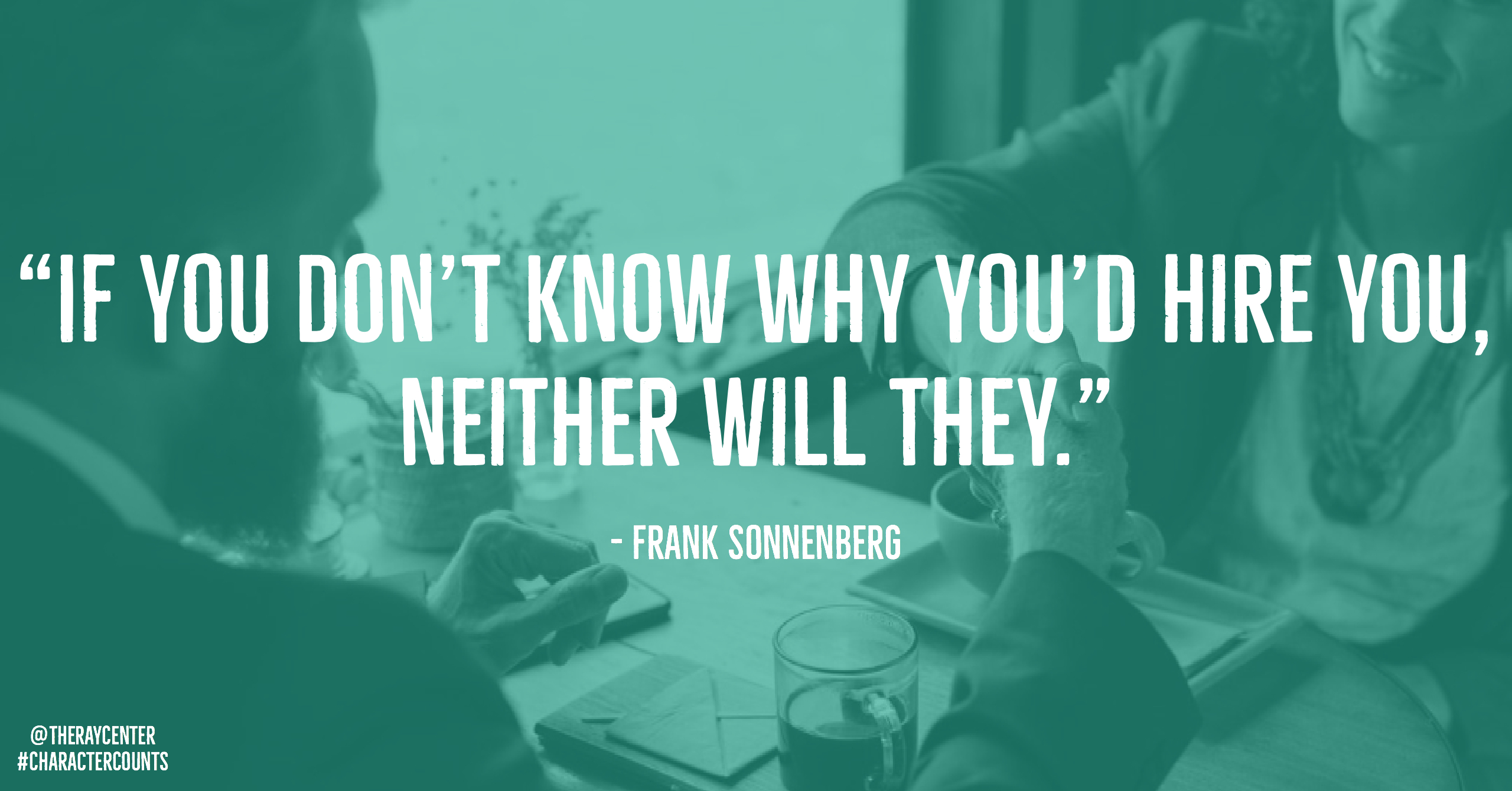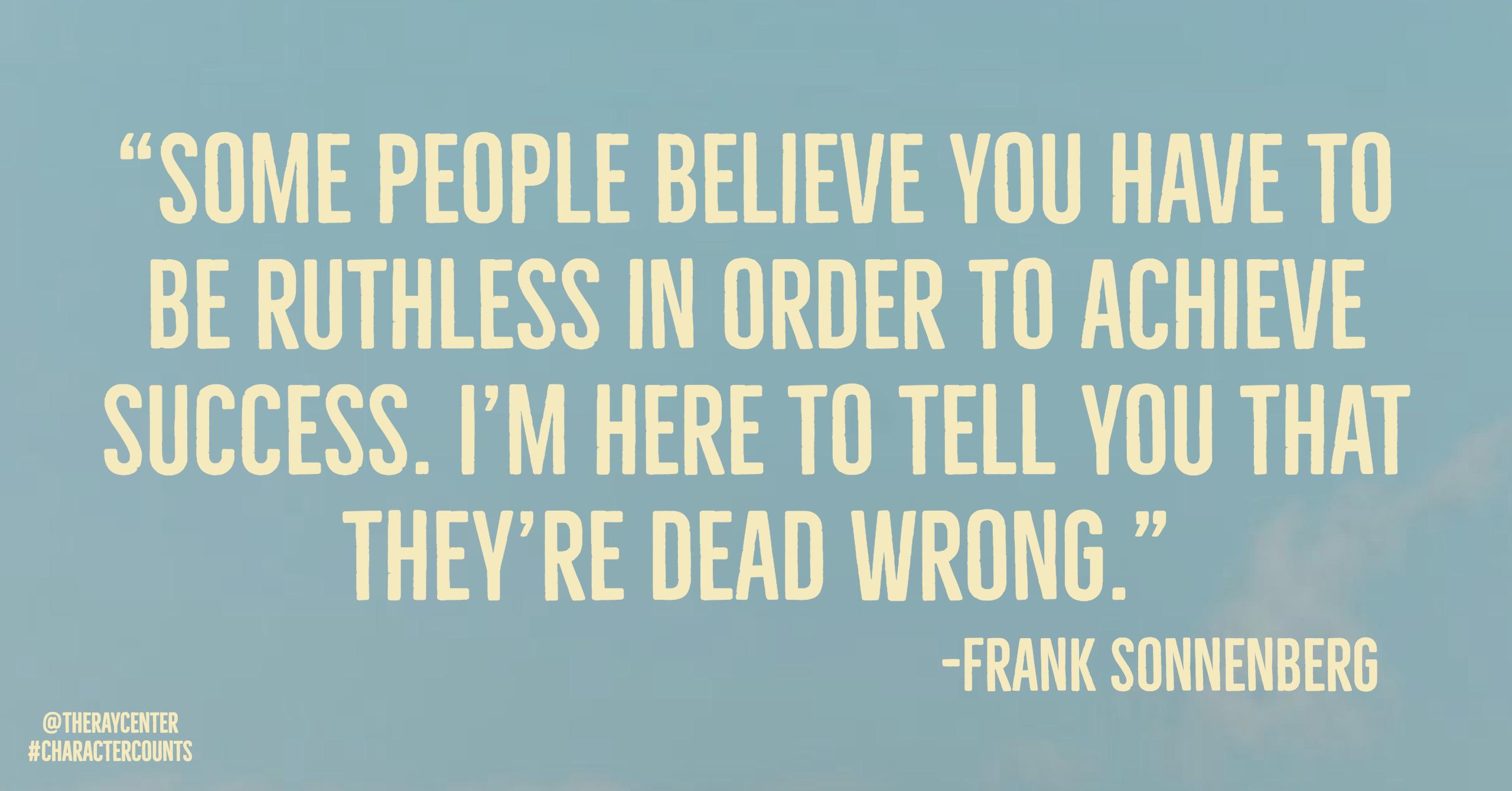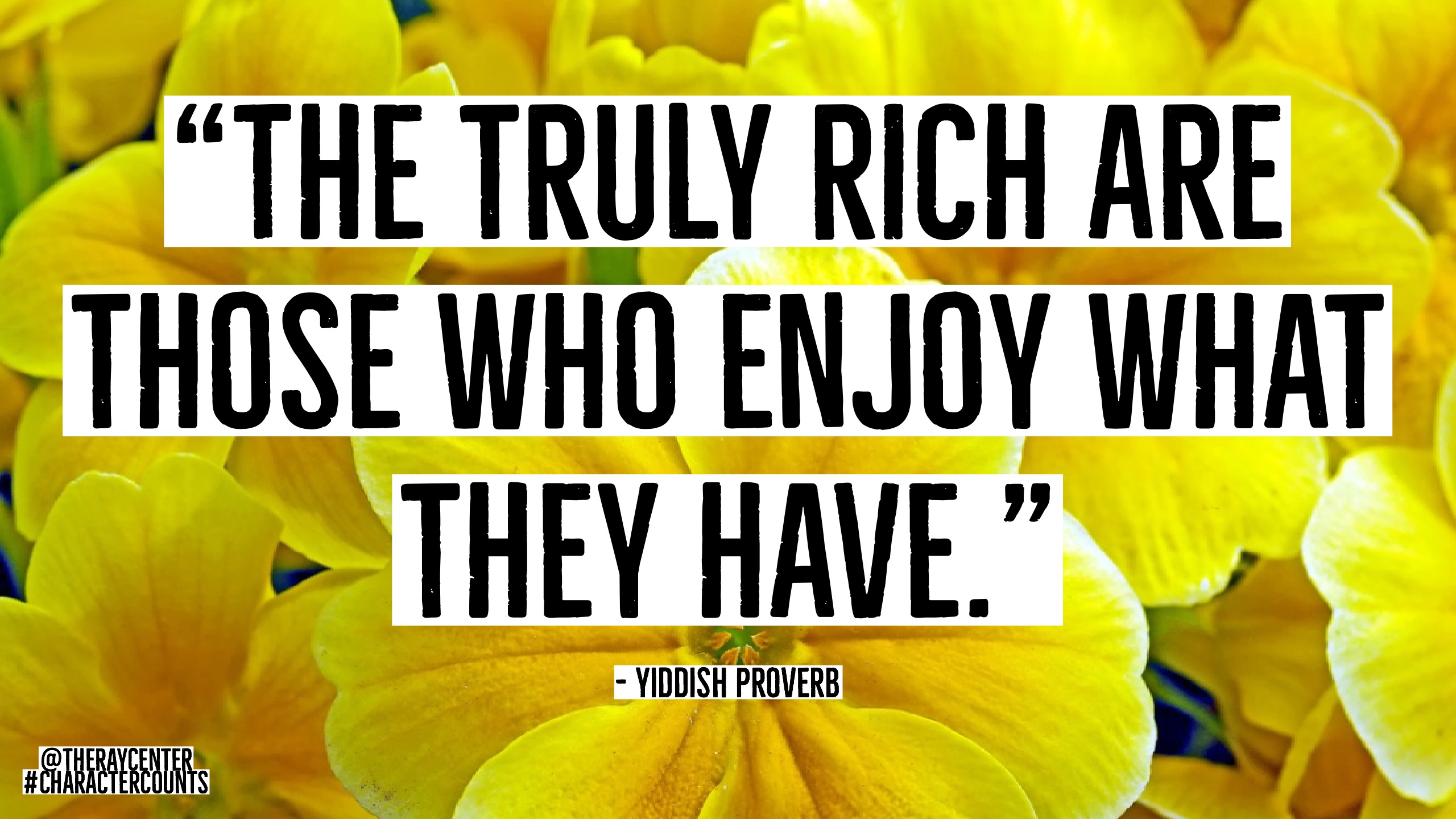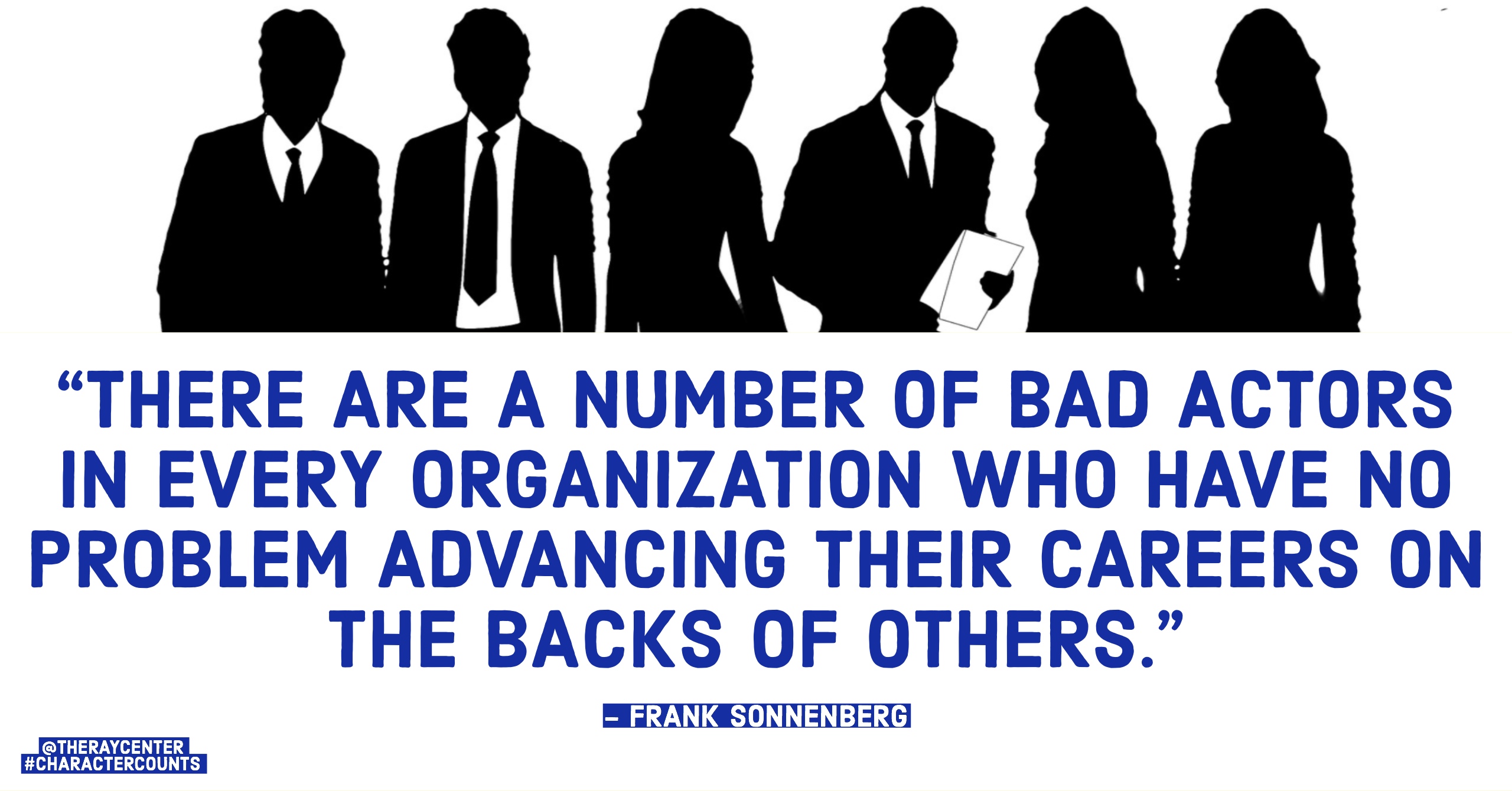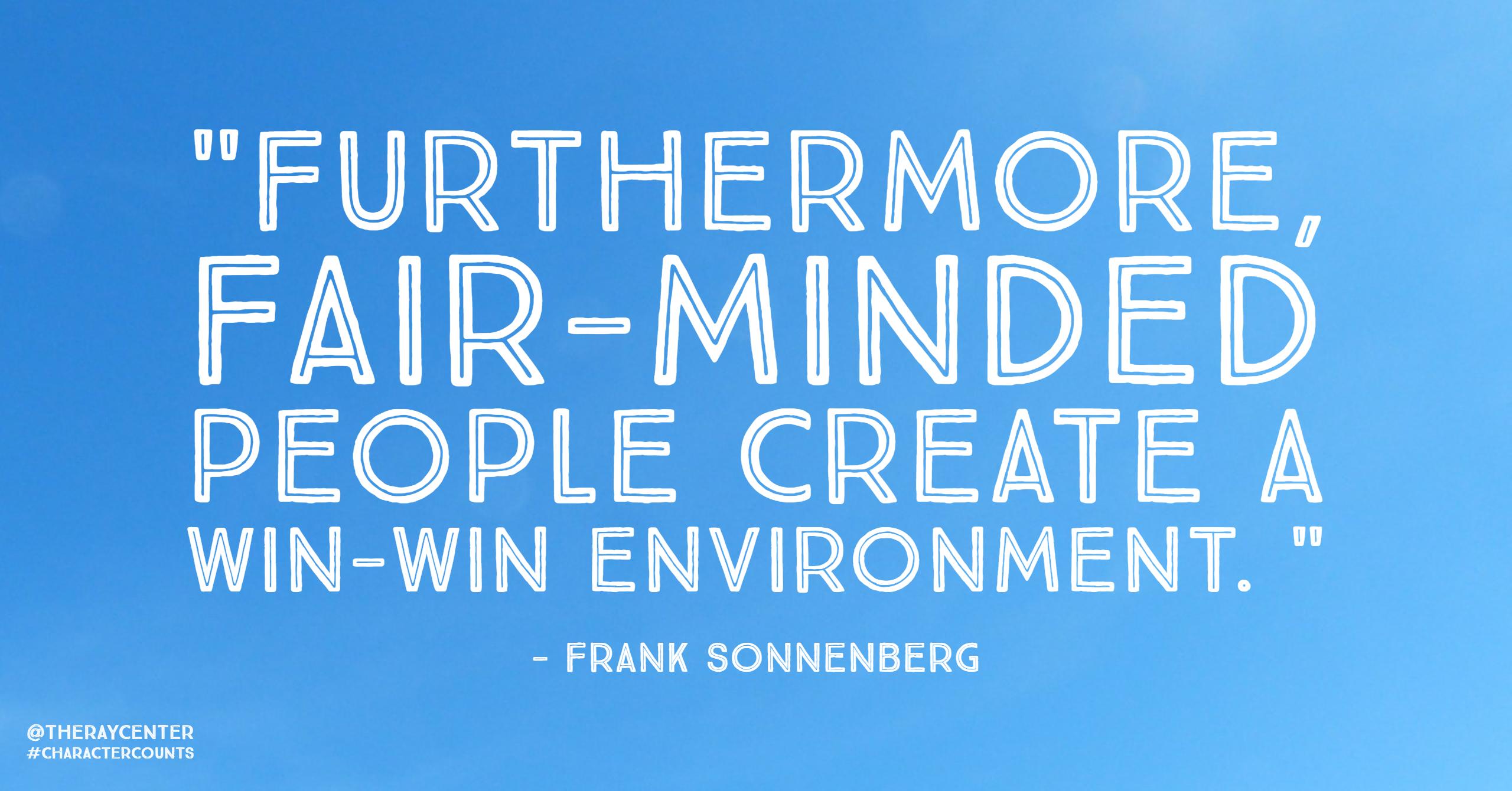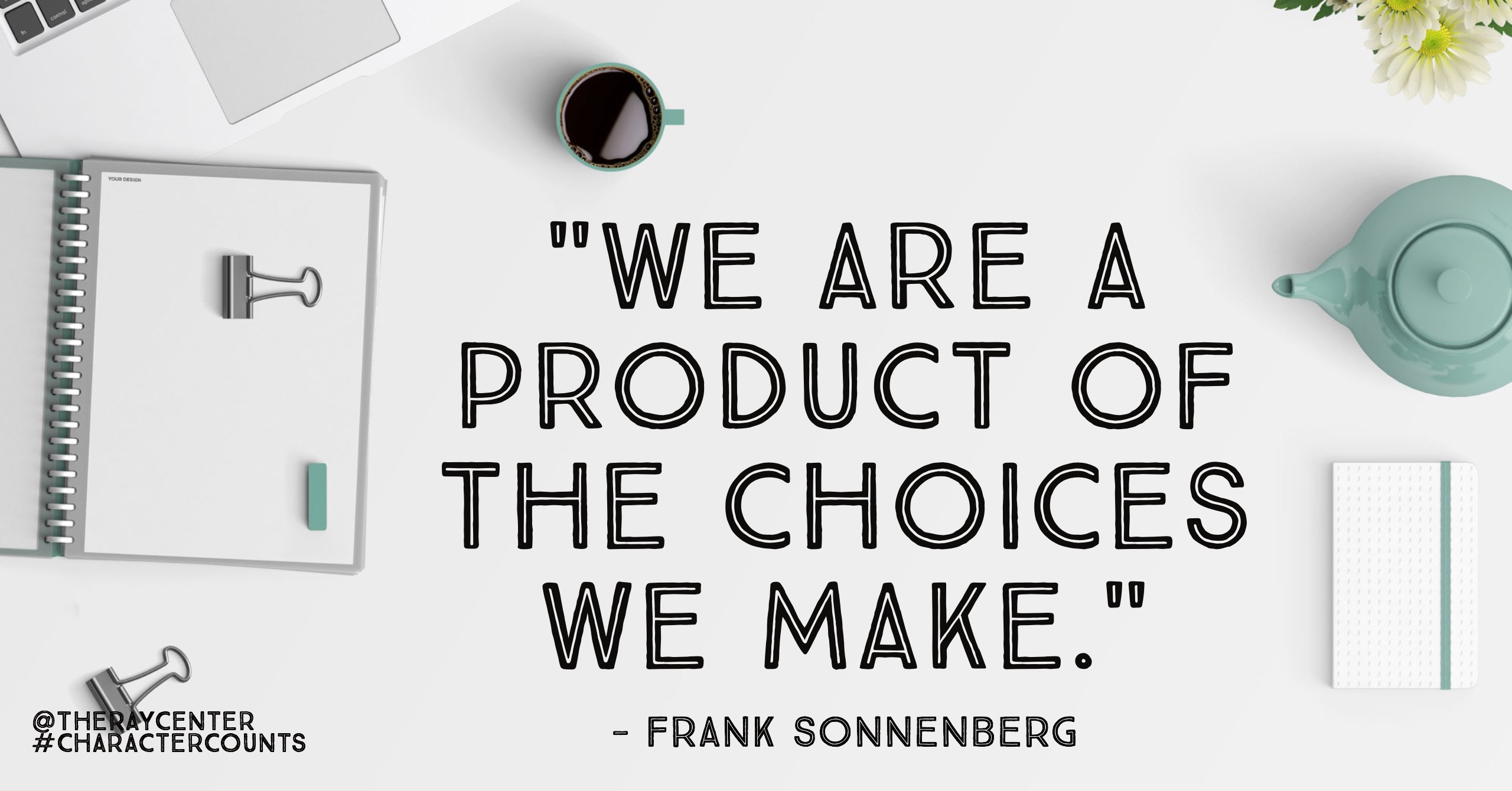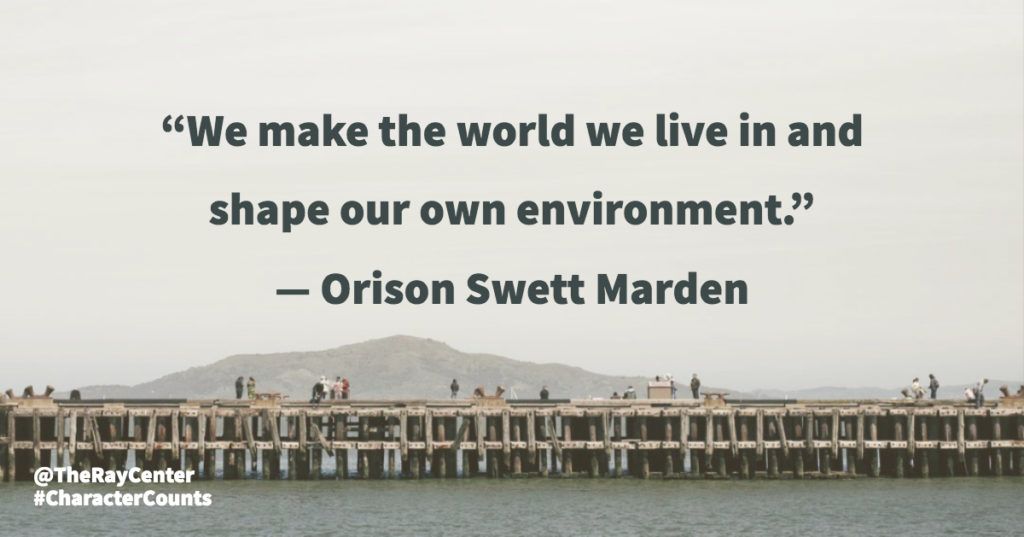11 valuable job search tips
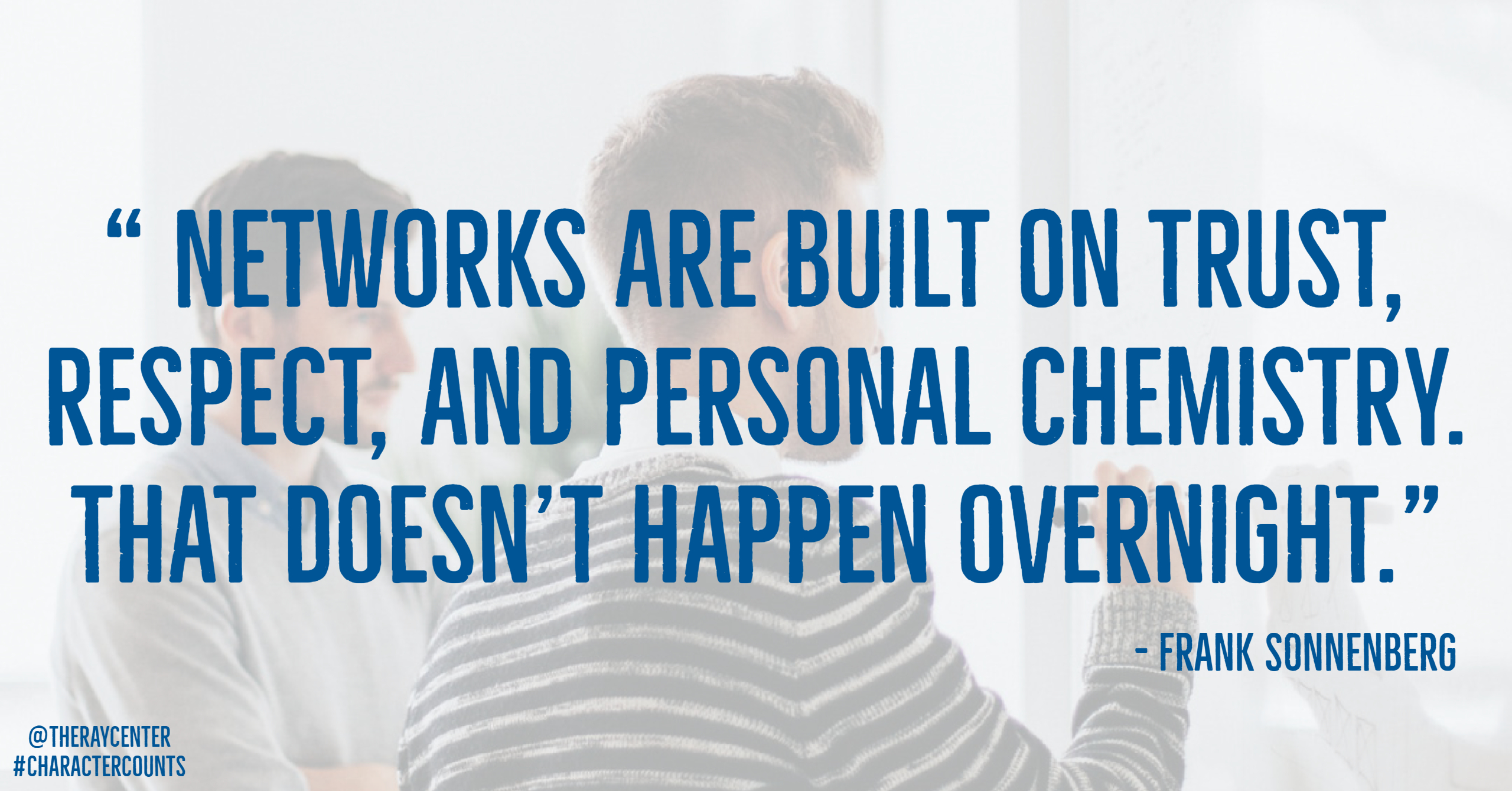
Whether you’re a recent college graduate or an employee looking for the Holy Grail, here are some ways to simplify your job search:
Get your mind in shape. Just as you’d want to be in peak physical shape before a big game, it’s important to be in a good frame of mind before a job search. Consider beginning an exercise routine, reading a self-help book, finding a hobby that you enjoy, getting plenty of sleep, and meditating to make yourself feel better and to reduce stress. A positive attitude is key.
Ignore the law of averages. According to the Bureau of Labor Statistics, employed people work an average of 7.5 hours per day and get 8.67 hours of sleep. If these figures don’t exactly apply to you, what makes you think that national unemployment averages do? So next time you hear that it’s tough to find a job, remember, the unemployment rate is only a broad indicator of the job market. Even in a lousy job market, people get job offers every day. It may as well be you.
Don’t fool yourself. Some people think, “My phone will start ringing when I begin my job search.” Yeah, sure. When was the last time someone called you with a job opportunity? Dreams, unlike eggs, don’t hatch from sitting on them.
Cash isn’t the only currency. Some people forgo opportunities if they don’t provide big bucks. The fact is, every experience that you gain is an investment in your future. If you leave your job, you’ll take that experience with you and cash it in for a bigger prize.
If the shoe fits. Put yourself in the employer’s shoes. Would you rather hire someone referred by a person you trust or meet someone unknown? So, network, network, network.
Are you playing bumper cars? Unfortunately, some people treat networking like a game of bumper cars in which progress is measured by the number of people they run into rather than the quality of the underlying relationships. Simply put, just handing out more business cards and adding more friends to Facebook or LinkedIn isn’t networking. Don’t wait until you desperately need a social network to begin developing one. Networks are built on trust, respect, and personal chemistry — that doesn’t happen overnight.
Roll with the punches. Don’t be bullheaded. If Plan “A” doesn’t go exactly as expected, be prepared to roll with the punches. You may have to modify your expectations. Your new job may require a longer commute, lower salary, or accepting a different type of job than the one you had your sights on. This is your Plan “B.” It doesn’t mean you should settle for the first opportunity that comes along or, worse, sell your soul. It does mean you may have to compromise. Remember, broadening your search doesn’t mean you have to accept any job that is offered, but you should give serious consideration to any offer you receive. Maybe Plan “B” will work out better after all.
Are you swimming against the tide? Rip currents are powerful channel currents of water flowing away from the shore. Many people swept out to sea try to fight their way back by swimming against the current. That’s how people drown, from exhaustion. The fact is, people who remain calm and swim parallel to the shore swim out of the current and to safety. The same is true with a job search. Remember to go with the flow.
How do you measure success? Some people beat themselves up if they don’t get a job in a week. Like the legendary football coach Vince Lombardi, I believe you don’t have to worry about winning games if you focus on fundamentals such as blocking and tackling. So don’t concentrate on getting the job; instead, focus on the quality activity that you generate. Every good interview or meeting with a member of your network brings you one step closer to your goal.
It takes two to tango. Some applicants feel that potential employers hold all the cards during the hiring process. The fact is, organizations need great talent as much as you want a great employer. Be selective. It’ll be a win-win proposition.
If you believe you can’t, you won’t. A job search doesn’t have to be a terrible experience. It’s the beginning of an exciting new opportunity. Have fun. Reconnect with members of your network. And remember your experience so that you can lend a helpful hand to someone in need once you’ve landed your great new job.
I would say good luck, but you won’t need it. You’ll be making your own.
This is an excerpt from BOOKSMART: Hundreds of real-world lessons for success and happiness by Frank Sonnenberg released November 2016.
 Frank is an award-winning author. He has written six books and over 300 articles. Frank was recently named one of “America’s Top 100 Thought Leaders” and one of America’s Most Influential Small Business Experts. Frank has served on several boards and has consulted to some of the largest and most respected companies in the world. Additionally, FrankSonnenbergOnline was named among the “Best 21st Century Leadership Blogs,” among the “Top 100 Socially-Shared Leadership Blogs,” and one of the “Best Inspirational Blogs On the Planet.” Frank’s new book, BookSmart: Hundreds of real-world lessons for success and happiness was released November 2016. © 2018 Frank Sonnenberg. All rights reserved.
Frank is an award-winning author. He has written six books and over 300 articles. Frank was recently named one of “America’s Top 100 Thought Leaders” and one of America’s Most Influential Small Business Experts. Frank has served on several boards and has consulted to some of the largest and most respected companies in the world. Additionally, FrankSonnenbergOnline was named among the “Best 21st Century Leadership Blogs,” among the “Top 100 Socially-Shared Leadership Blogs,” and one of the “Best Inspirational Blogs On the Planet.” Frank’s new book, BookSmart: Hundreds of real-world lessons for success and happiness was released November 2016. © 2018 Frank Sonnenberg. All rights reserved.
